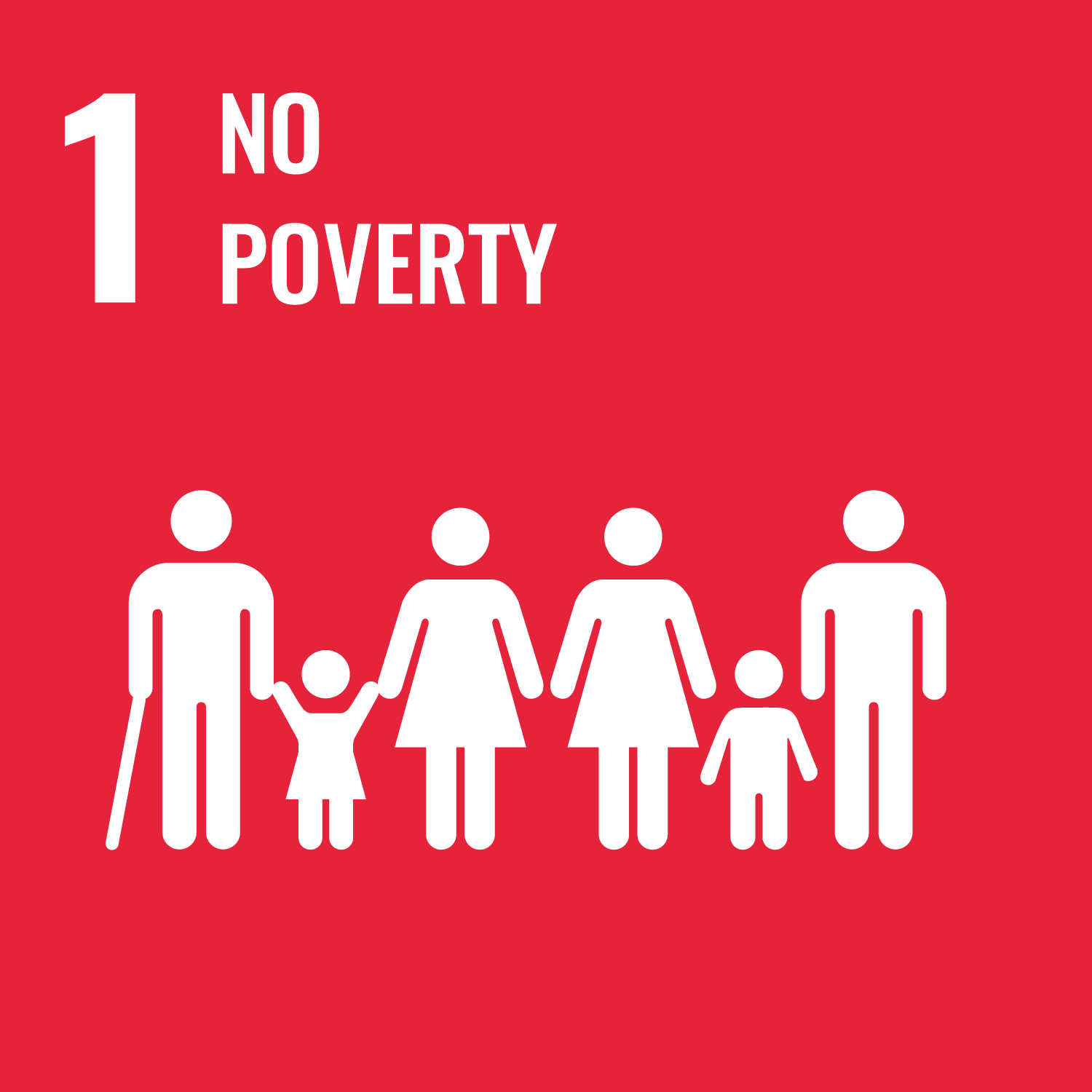Social mathematics and systems science, such as game theory, network analysis, and statistical analysis, are used today not
only in social sciences such as sociology, economics, political science, and social psychology, but also in natural sciences
such as biology, physics, and information engineering. This course is a part of the new knowledge system that is emerging
in this field. In this course, we will read literature on sociology, public philosophy, social innovation, and other humanities
and social sciences.
Please note that in recent years, this class has often focused on the themes of regional development, culture and art, and wellbeing, etc., which are the fields of the faculty members, as well as empirical connections between theories, and the class is taught face-to-face in the laboratory in order to have access to relevant literature.
Regional creation and community development have theoretical aspects such as public philosophy, public goods supply issues, social relational capital theory (network analysis), and positive feedback systems (virtuous circle mechanism), etc. It is a field where theory and field cross over and are acutual, and will be very instructive.
Please note that in recent years, this class has often focused on the themes of regional development, culture and art, and wellbeing, etc., which are the fields of the faculty members, as well as empirical connections between theories, and the class is taught face-to-face in the laboratory in order to have access to relevant literature.
Regional creation and community development have theoretical aspects such as public philosophy, public goods supply issues, social relational capital theory (network analysis), and positive feedback systems (virtuous circle mechanism), etc. It is a field where theory and field cross over and are acutual, and will be very instructive.
The program is designed to deepen students' understanding of society and systemic insight into society by acquiring academic
knowledge that is intertwined with humanities and social sciences, social mathematics, and systems theory in a fusion of the
humanities and sciences on the theme of creative socio-cultural phenomena such as regional development and culture and art.
- Be able to review and discuss regional development through a humanities and systems science frame
- Be able to connect empirical events with systems science theories such as game theory, network analysis, statistical analysis, and loop diagrams
- Develop skills to report in a way that is understandable to those from different disciplines
| 資料作成 | 口頭報告 | 質疑応答 | Total. | |
|---|---|---|---|---|
| 1. | 15% | 10% | 10% | 35% |
| 2. | 15% | 10% | 10% | 35% |
| 3. | 10% | 10% | 10% | 30% |
| Total. | 40% | 30% | 30% | - |
| Class schedule | HW assignments (Including preparation and review of the class.) | Amount of Time Required | |
|---|---|---|---|
| 1. | イントロダクション | シラバスをよく読んでくる | 30minutes |
| 2. | 輪読本と論文の決定 | シラバスをよく読んでくる。関連の文献に目を通してくる。 | 200minutes |
| 3. | 輪読報告1 | 報告者はしっかり準備する。参加者は当該範囲を予習してくる。 | 200minutes |
| 4. | 輪読報告2 | 報告者はしっかり準備する。参加者は当該範囲を予習してくる。 | 200minutes |
| 5. | 輪読報告3 | 報告者はしっかり準備する。参加者は当該範囲を予習してくる。 | 200minutes |
| 6. | 輪読報告4 | 報告者はしっかり準備する。参加者は当該範囲を予習してくる。 | 200minutes |
| 7. | 輪読報告5 | 報告者はしっかり準備する。参加者は当該範囲を予習してくる。 | 200minutes |
| 8. | 輪読報告6 | 報告者はしっかり準備する。参加者は当該範囲を予習してくる。 | 200minutes |
| 9. | 輪読報告7 | 報告者はしっかり準備する。参加者は当該範囲を予習してくる。 | 200minutes |
| 10. | 論文紹介1 | 報告者はしっかり準備する。参加者は当該範囲を予習してくる。 | 200minutes |
| 11. | 論文紹介2 | 報告者はしっかり準備する。参加者は当該範囲を予習してくる。 | 200minutes |
| 12. | 論文紹介3 | 報告者はしっかり準備する。参加者は当該範囲を予習してくる。 | 200minutes |
| 13. | 論文紹介4 | 報告者はしっかり準備する。参加者は当該範囲を予習してくる。 | 200minutes |
| 14. | 総合討議 | 報告者はしっかり準備する。参加者は当該範囲を予習してくる。 | 250minutes |
| Total. | - | - | 2680minutes |
・履修者数にもよるが、輪読の報告担当または論文紹介は必須。
・輪読とは別にレポート課題があるが、他の人よりも研究報告が多い場合には、レポート課題を減免することがある
・授業点33%+報告33%+レポート33%
・輪読とは別にレポート課題があるが、他の人よりも研究報告が多い場合には、レポート課題を減免することがある
・授業点33%+報告33%+レポート33%
【参考書】
▼地域創生/文化芸術/ウェルビーイング
『芸術文化の価値とは何か――個人や社会にもたらす変化とその評価』Geoffrey Crossick,Patrycja Kaszynska(水曜社)
『プレイスメイキング』園田 聡(学芸出版社)
『タクティカルアーバニズム』泉山塁威(学芸出版社)
『ネイバーフッドデザイン』荒昌史(英治出版)
『ケアとまちづくり、ときどきアート』西 智弘・守本 陽一・藤岡 聡子(中外医学社)
『シビックプライド2 【国内編】 ――都市と市民のかかわりをデザインする』伊藤香織・紫牟田伸子(宣伝会議)
『場所でつながる/場所とつながる―移動する時代のクリエイティブなまちづくり』(弘文堂)
『マーケットでまちを変える――人が集まる公共空間のつくり方』鈴木美央(学芸出版社)
つぎのリストも参考のこと:https://scrapbox.io/NTM/Research_Inputs
▼社会数理/システム科学
『好循環のまちづくり』枝廣淳子(岩波新書)
『Governing the Commons: The Evolution of Institutions for Collective Action』Elinor Ostrom / 邦訳 『コモンズのガバナンス―人びとの協働と制度の進化』エレノア オストロム(晃洋書房)
『ゲーム理論』岡田章(有斐閣)
『社会ネットワーク分析――「つながり」を研究する方法と応用 』ワッサーマン/ファウスト(ミネルヴァ書房)
『複雑ネットワーク』増田直紀・今野 紀雄(近代科学社)
『まちづくりの統計学』宇都宮浄人・多田実(学芸出版社)
『地域データ分析入門――すぐに役立つEBPM実践ガイドブック』林 宜嗣(日本評論社)
▼地域創生/文化芸術/ウェルビーイング
『芸術文化の価値とは何か――個人や社会にもたらす変化とその評価』Geoffrey Crossick,Patrycja Kaszynska(水曜社)
『プレイスメイキング』園田 聡(学芸出版社)
『タクティカルアーバニズム』泉山塁威(学芸出版社)
『ネイバーフッドデザイン』荒昌史(英治出版)
『ケアとまちづくり、ときどきアート』西 智弘・守本 陽一・藤岡 聡子(中外医学社)
『シビックプライド2 【国内編】 ――都市と市民のかかわりをデザインする』伊藤香織・紫牟田伸子(宣伝会議)
『場所でつながる/場所とつながる―移動する時代のクリエイティブなまちづくり』(弘文堂)
『マーケットでまちを変える――人が集まる公共空間のつくり方』鈴木美央(学芸出版社)
つぎのリストも参考のこと:https://scrapbox.io/NTM/Research_Inputs
▼社会数理/システム科学
『好循環のまちづくり』枝廣淳子(岩波新書)
『Governing the Commons: The Evolution of Institutions for Collective Action』Elinor Ostrom / 邦訳 『コモンズのガバナンス―人びとの協働と制度の進化』エレノア オストロム(晃洋書房)
『ゲーム理論』岡田章(有斐閣)
『社会ネットワーク分析――「つながり」を研究する方法と応用 』ワッサーマン/ファウスト(ミネルヴァ書房)
『複雑ネットワーク』増田直紀・今野 紀雄(近代科学社)
『まちづくりの統計学』宇都宮浄人・多田実(学芸出版社)
『地域データ分析入門――すぐに役立つEBPM実践ガイドブック』林 宜嗣(日本評論社)
- Course that cultivates an ability for utilizing knowledge
| Work experience | Work experience and relevance to the course content if applicable |
|---|---|
| N/A | 該当しない |












- 1.NO POVERTY
- 3.GOOD HEALTH AND WELL-BEING
- 4.QUALITY EDUCATION
- 7.AFFORDABLE AND CLEAN ENERGY
- 8.DECENT WORK AND ECONOMIC GROWTH
- 9.INDUSTRY, INNOVATION AND INFRASTRUCTURE
- 10.REDUCED INEQUALITIES
- 11.SUSTAINABLE CITIES AND COMMUNITIES
- 12.RESPONSIBLE CONSUMPTION & PRODUCTION
- 13.CLIMATE ACTION
- 16.PEACE, JUSTICE AND STRONG INSTITUTIONS
- 17.PARTNERSHIPS FOR THE GOALS
Last modified : Wed Mar 05 04:14:42 JST 2025

